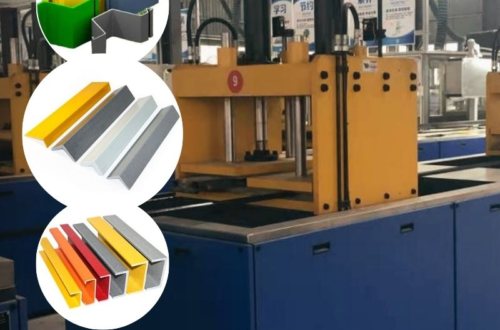The Role of Werkplekbeheer in Productivity
The implementation of werkplekbeheer (workplace management) plays a significant role in enhancing productivity in modern office settings. By ensuring that workstations, devices, and digital systems are effectively managed, employees can focus on their tasks without unnecessary distractions. Werkplekbeheer optimizes the environment by maintaining equipment and software, allowing staff to work seamlessly and meet their goals. This direct link between workspace efficiency and employee performance highlights why effective werkplekbeheer is essential for success in today’s fast-paced business world.
The Technical Aspects of Werkplekbeheer
The technical side of werkplekbeheer involves overseeing the infrastructure that supports daily operations. This includes managing hardware like computers, printers, and network systems, as well as software installations and updates. Technicians must ensure that these resources are up-to-date, secure, and running smoothly. In addition, monitoring the performance of IT systems and troubleshooting any issues helps minimize downtime, making werkplekbeheer a key element in maintaining operational efficiency within an organization.
The Impact of Werkplekbeheer on Employee Satisfaction
A well-managed workplace contributes greatly to employee satisfaction. When employees have access to the tools they need, and their work environment is clean, organized, and equipped with up-to-date technology, their job satisfaction improves. Werkplekbeheer ensures that workstations are customized to meet the needs of individual employees, thus promoting a comfortable and supportive work atmosphere. The better the workspace, the more employees feel valued and motivated to do their best work.
The Relationship Between Werkplekbeheer and Security
Werkplekbeheer is also critical for maintaining a secure work environment. From securing sensitive data on devices to ensuring that antivirus software is regularly updated, it is essential that all security measures are in place. By managing access control, monitoring network traffic, and ensuring that physical security systems are operational, werkplekbeheer minimizes risks such as cyberattacks, data breaches, or unauthorized access to critical information, which could otherwise jeopardize the organization’s operations.
The Future of Werkplekbeheer in Hybrid Work Models
With the rise of remote and hybrid work models, the future of werkplekbeheer is evolving. Businesses must adapt their strategies to manage both office-based and remote work environments. This includes providing employees with remote access to necessary tools and ensuring the integration of virtual collaboration platforms. The shift to hybrid work necessitates a flexible and forward-thinking approach to werkplekbeheer that supports diverse workstyles, empowering employees while maintaining organizational efficiency.Werkplekbeheer



